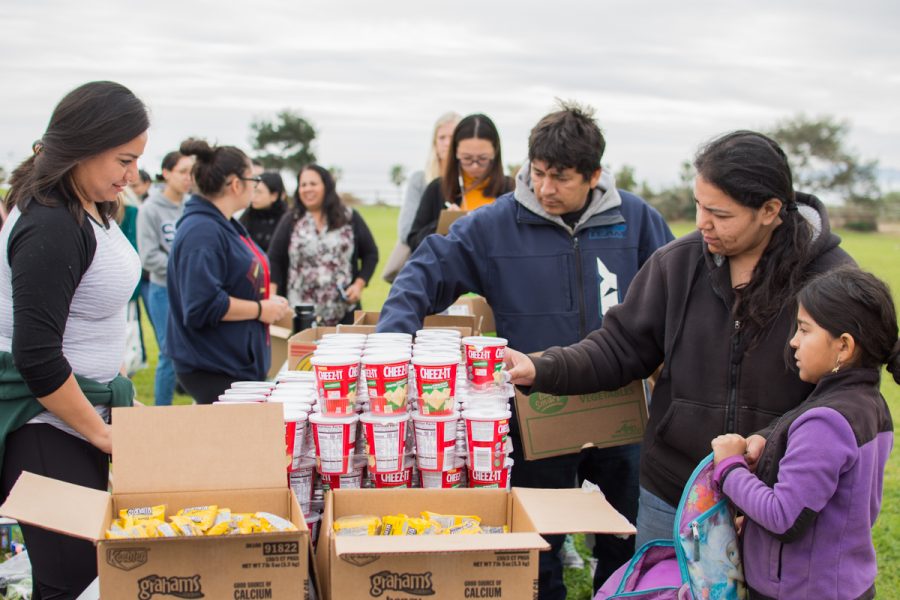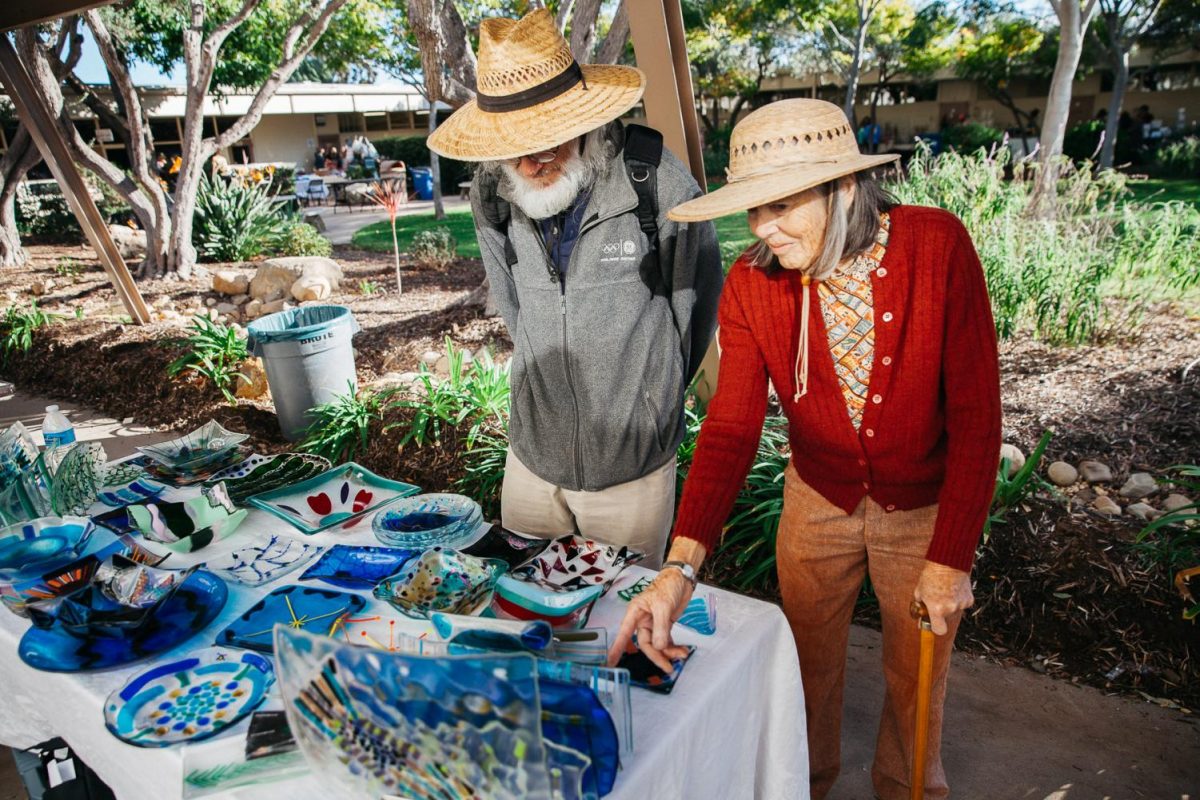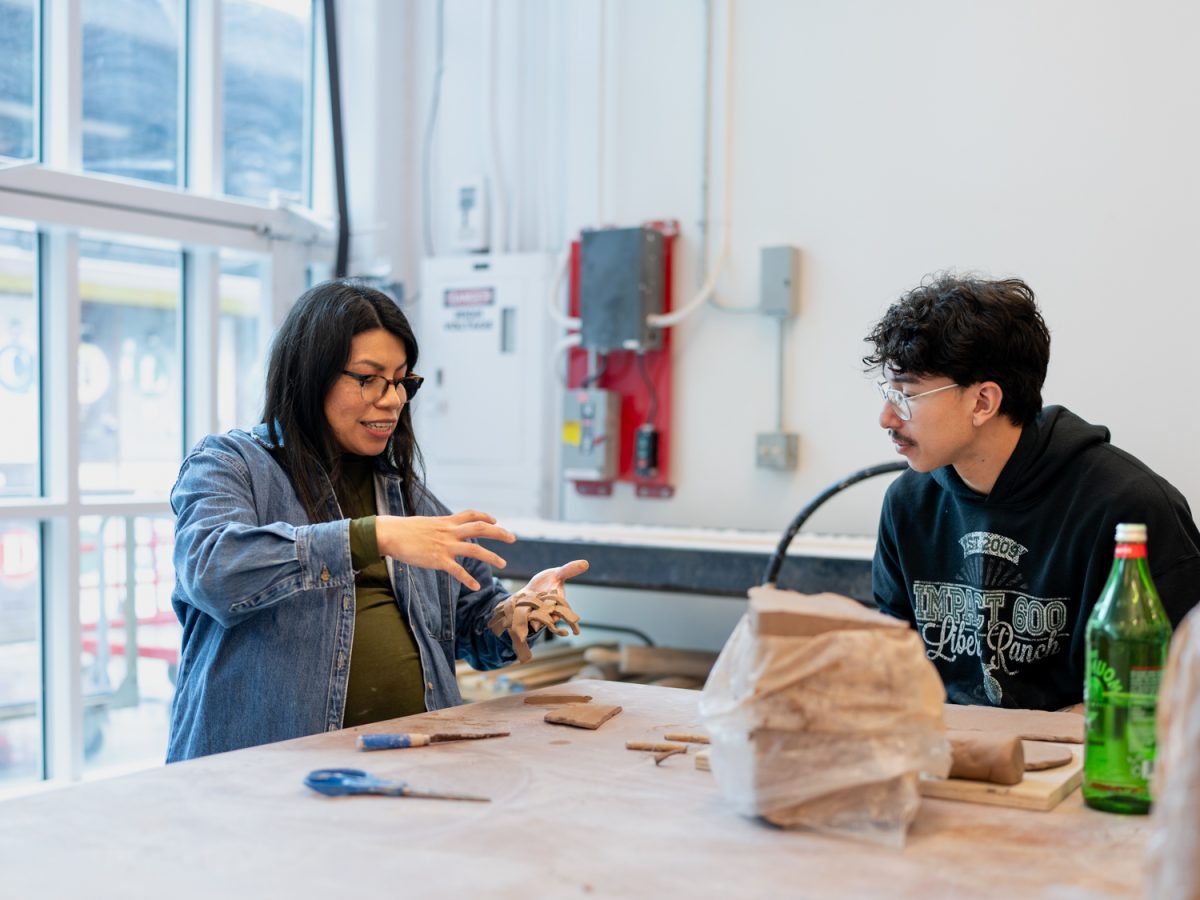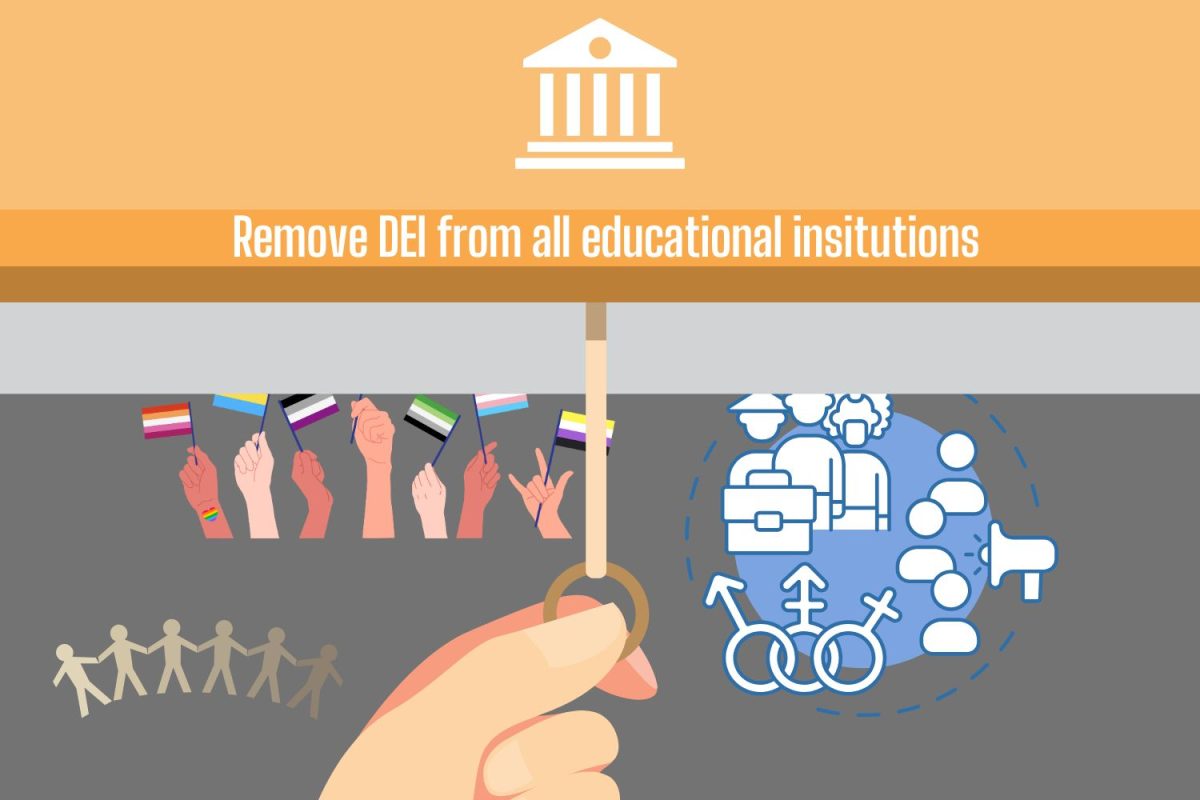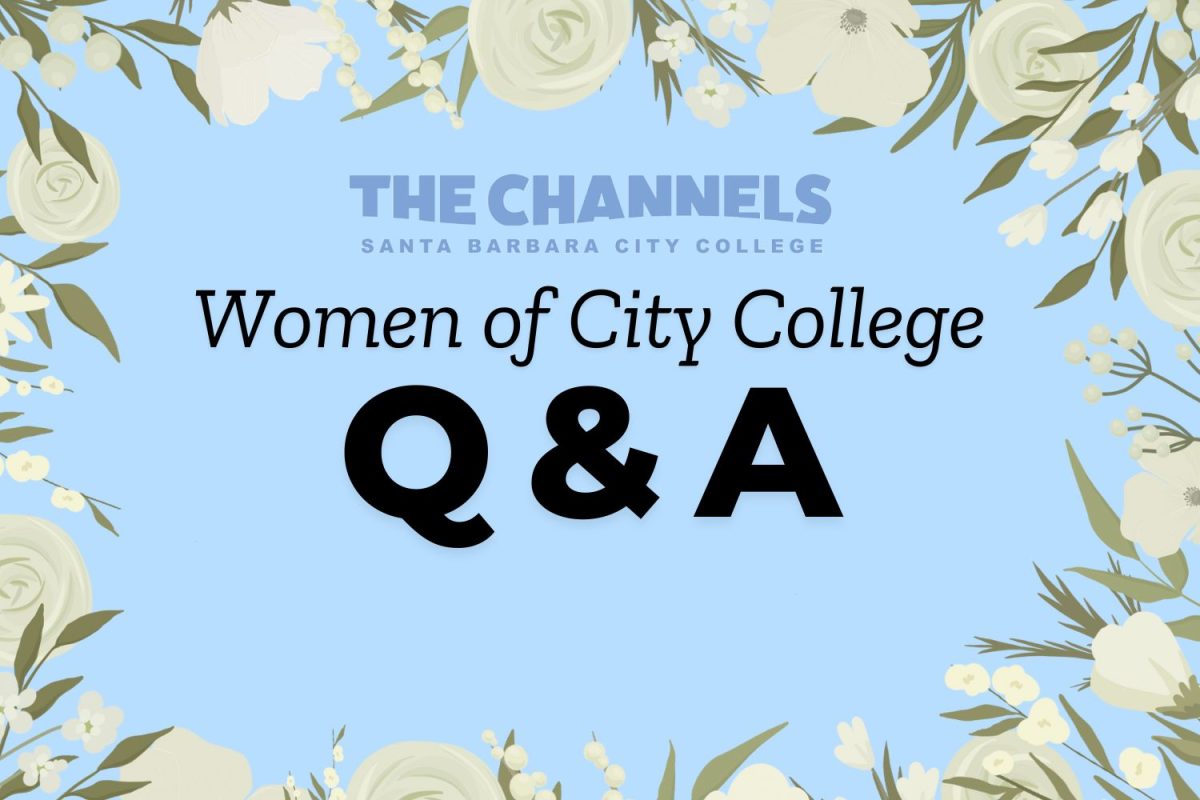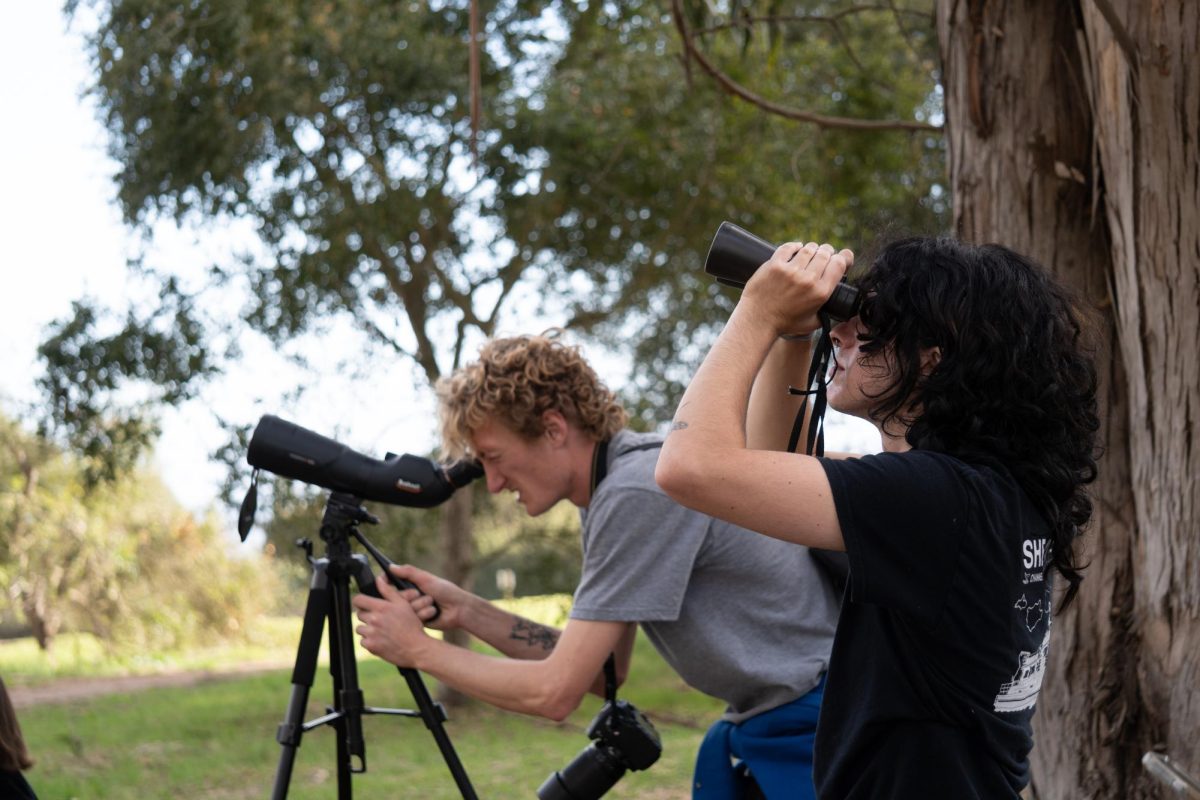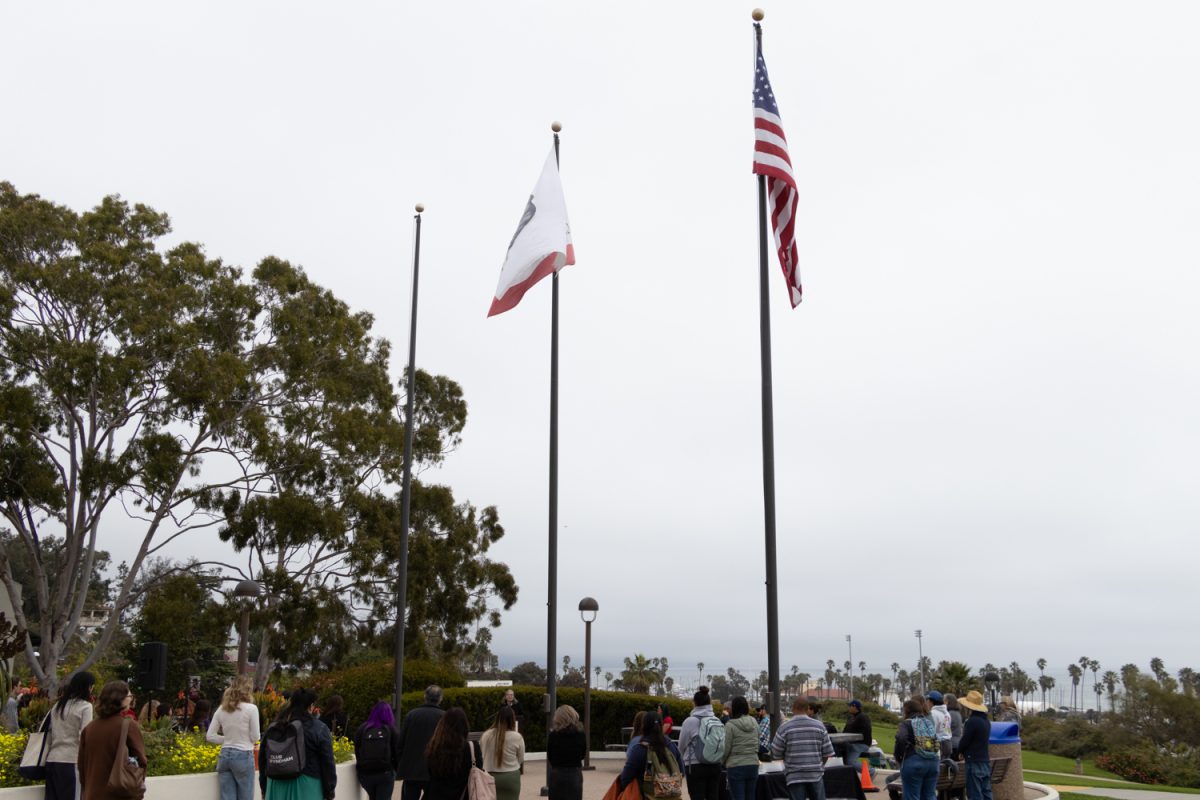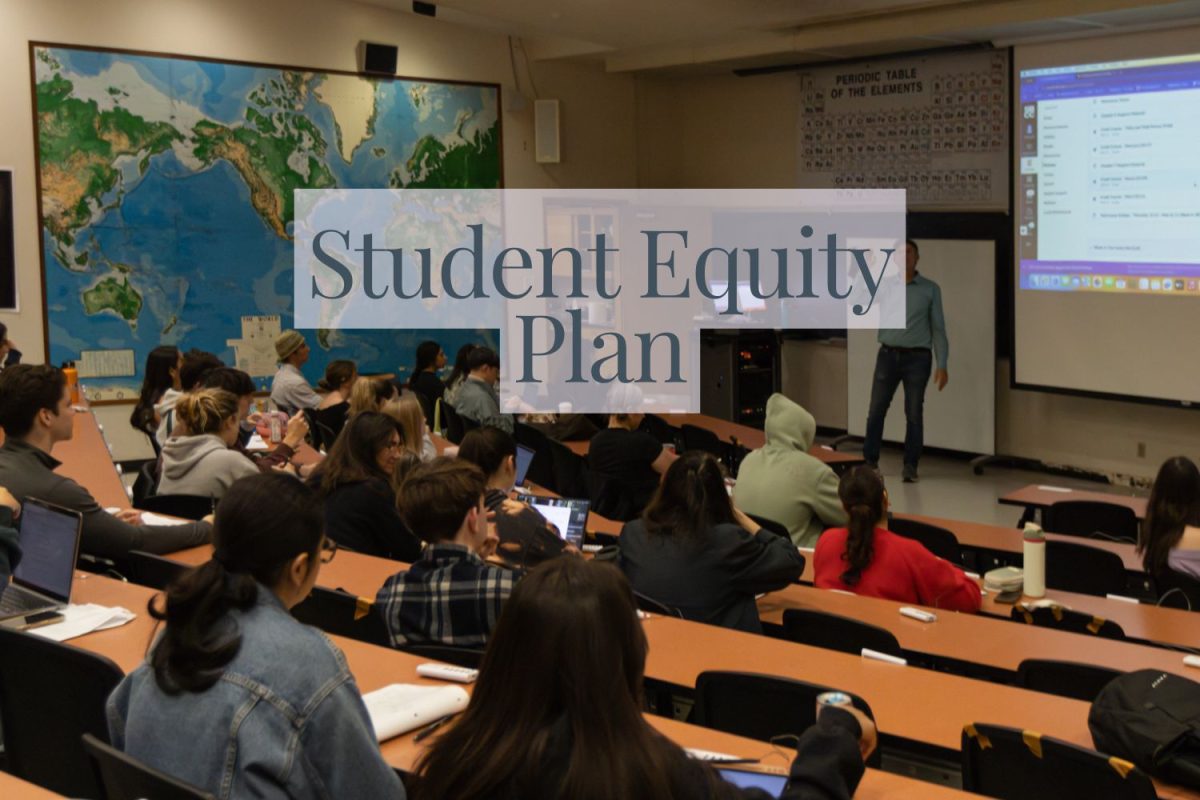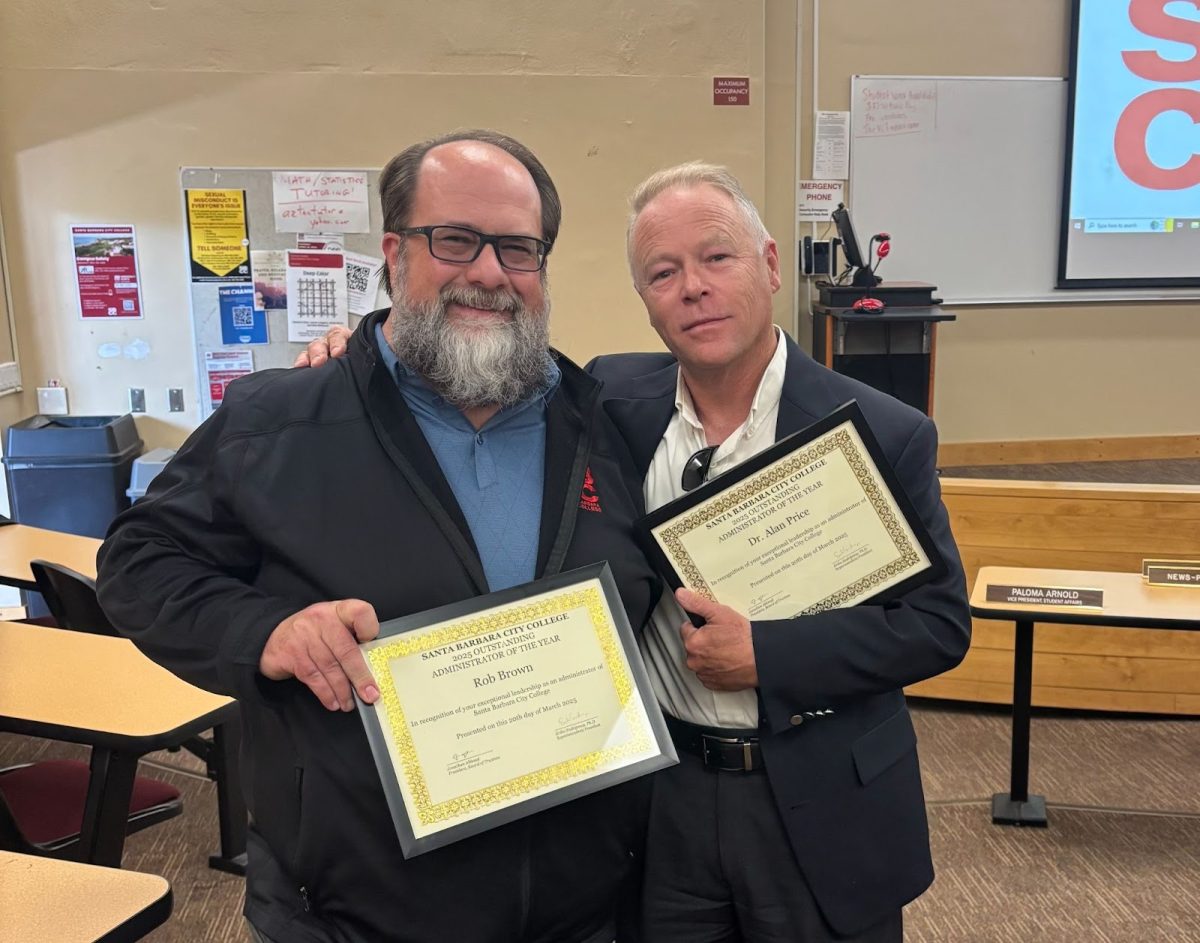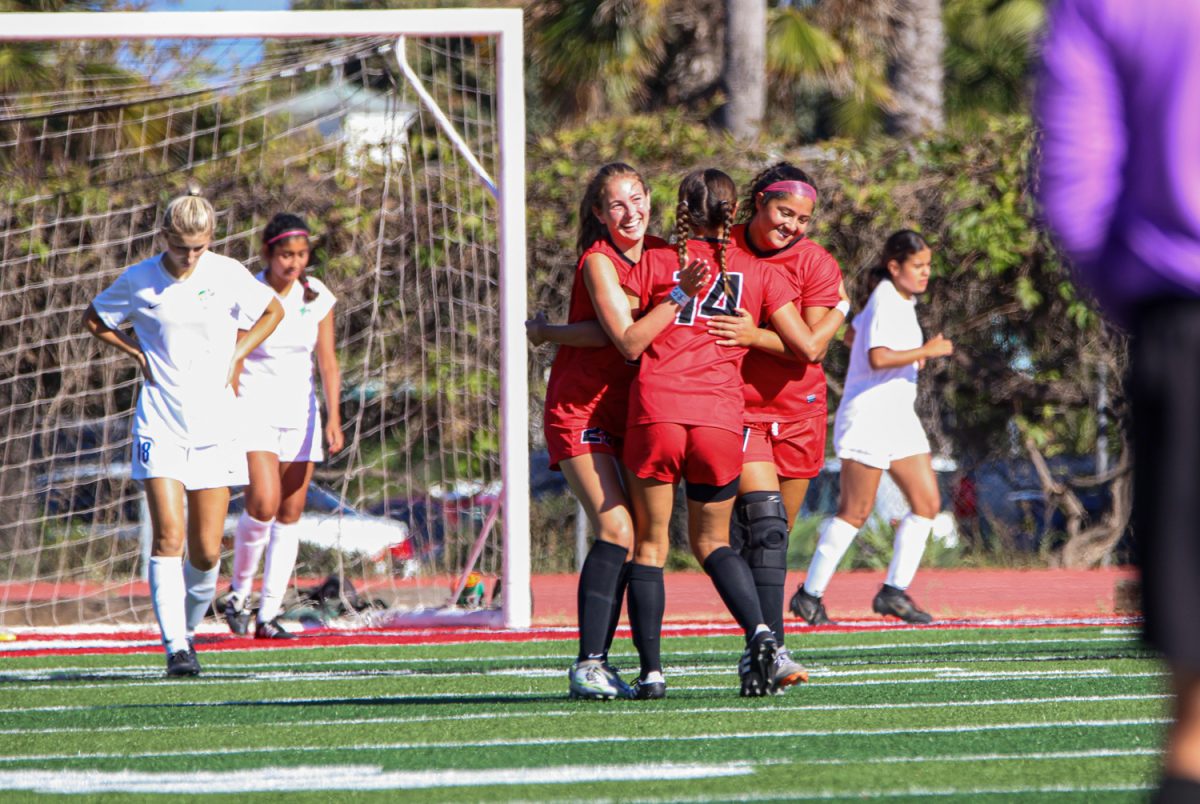When the City College Food Pantry opened last semester, it served an average of 65 students a day. That number nearly doubled this semester because of the Thomas Fire and Montecito Mudslides.
Around 227 students started coming in each day within the first few weeks of school, according to Roxanne Pate, equity program advisor.
“It’s helped to get groceries here since I’m short on cash because of the mudslides,” Kelly Biswell said. “I’m here twice a week.”
Biswell, a music student, was affected by the natural disasters. His home was severely damaged during the mudslides and is currently being torn down.
These disasters have left some students without jobs or homes, so the Food Pantry and bi-monthly Food Share introduced by the student equity program have become invaluable resources in fighting hunger on campus.
Food pantry supervisor Raymond Carroll said he’s had many students come to the pantry to get food after telling him they haven’t eaten in four or five days. Many students who use the service are also parents who need to feed their families.
“There are people that rely on this place,” he said. “People will get food to go home and not only make a meal for themselves, but also for all their roommates.”
The pantry offers staples such as rice, beans, pasta, bread, eggs, and meat, as well as smaller items like overnight oats, produce, snacks, and drinks. The staple foods go very quickly, as do Cheez-It crackers, Gatorade drinks, and protein bars, Carroll said.
“A month ago I lost my debit card and long story short I literally relied on the food pantry to eat,” student Hayze Law said. “It was really helpful.”
Law visits multiple times a week and always gets the four items allowed in case there is a day she can’t make it. She took a financial hit when the Thomas Fire left her out of work for several weeks.
All the produce from the trees and plants in the permaculture garden on West Campus and other gardens on campus are donated to the food pantry, with much of the other produce coming from local organic farms. The rest of the food is provided by the Foodbank of Santa Barbara County.
Teachers and other employees can also fill out a form at the pantry that would take a specified amount out of their monthly paychecks and donate it to the food programs on campus.
The Food Share is one of those food programs. It occurs twice a month on the West Campus lawn, and gives out mostly produce and other perishable items, along with snacks, bread, and drinks.
While students are encouraged to bring a reusable bag to the foodshare, the event provides empty boxes for those who forget. Students can also label their box and leave them there to pick up after class in case they don’t feel comfortable bringing it with them.
At both the food pantry and food share, students are asked for their K number to keep track of how many people are visiting and how much the need fluctuates.
“I like to stress that it’s for everybody, not just a certain group. I’m a working student and I also have to depend on the pantry to get my food sometimes,” Carroll said. “We all know college costs a lot and it’s not easy.
The food pantry is open from 10 to 8 p.m. Monday through Wednesday and 10 to 4 p.m. Thursday. The foodshare happens twice a month on the West Campus lawn between 11:30 a.m. to 12:45 p.m.


